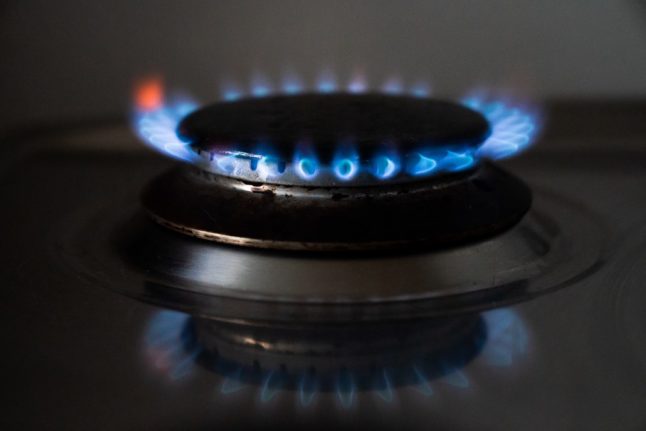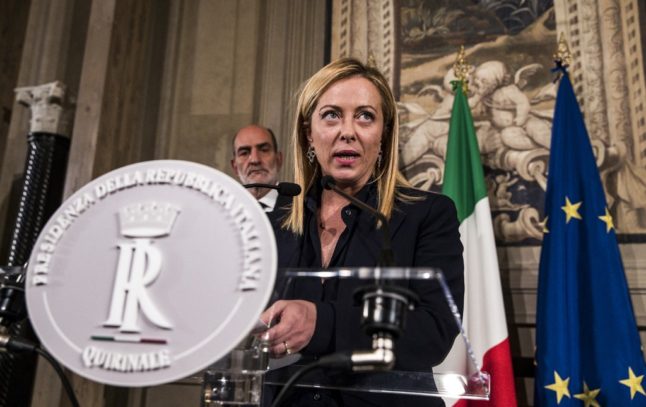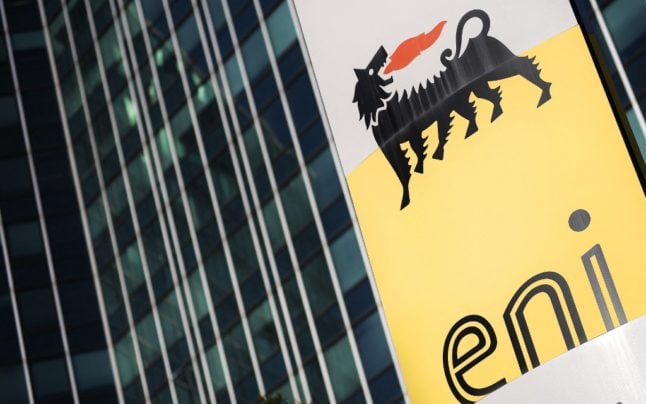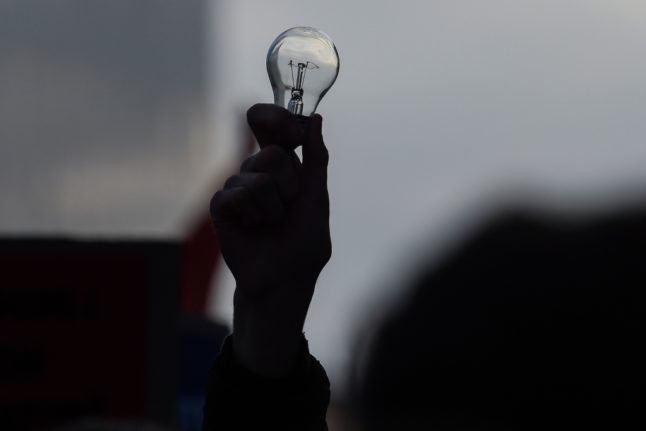Italy’s main energy provider ENI raked in 10.8 billion euros in adjusted net profits over the first three quarters of 2022, up by a whopping 311 percent compared to the same time last year.
Like the entire European oil and gas sector, ENI has benefited from a surge in prices linked to the resumption of global economic activity after the coronavirus pandemic, as well the effects of Russia’s invasion of Ukraine.
READ ALSO: EXPLAINED: How much are energy prices rising in Italy this autumn?
ENI’s quarterly report, which exceeded even the most generous of industry estimates, was released as Italian households and businesses face further increases in their energy bills.
Italian power regulator Arera said last month that electricity prices would rise by 59 percent in the final quarter of the year.
This means that the average Italian household will spend 1,322 euros on electricity bills alone in 2022 – the same figure stood at 632 euros last year.

As for gas, the regulator has not yet released official prices for the coming months, but the latest projections indicate an increase of up to 74 percent against this year’s third quarter, with gas prices expected to reach 184 euros per megawatt hour.
The record profits of energy providers set against soaring bills have revived debate over the need to impose windfall taxes.
READ ALSO: The five biggest challenges facing the new Italian government
Italy’s former government, led by Mario Draghi, had already introduced a 25-percent windfall tax (tax on extra profits) for energy companies earlier this year.
But out of the 10.5 billion euros that the country expected to pull in through the tax, the state coffers have only received just over a billion, with thousands of companies refusing to pay and some challenging the constitutionality of the surcharge.

Italy’s new government, which said financial support for families and businesses is one of its most urgent priorities, has pledged to make changes to the existing windfall tax.
READ ALSO: Five key points from Meloni’s first speech as new Italian PM
Adolfo Urso, head of the newly renamed Ministry for ‘Enterprise and Made in Italy’, said on Friday that, while Italy is pushing for a Europe-wide energy price cap, the new government will “improve the [windfall] tax” and use income from it to “curb soaring bills”. However no further details have yet been released about the plan.
The new government said it was also considering other measures to mitigate the effects of the energy crisis, though there are concerns these may need to be funded via a potential increase in the country’s public debt – which already stands at a mammoth 3.7 trillion euros.



 Please whitelist us to continue reading.
Please whitelist us to continue reading.
Member comments